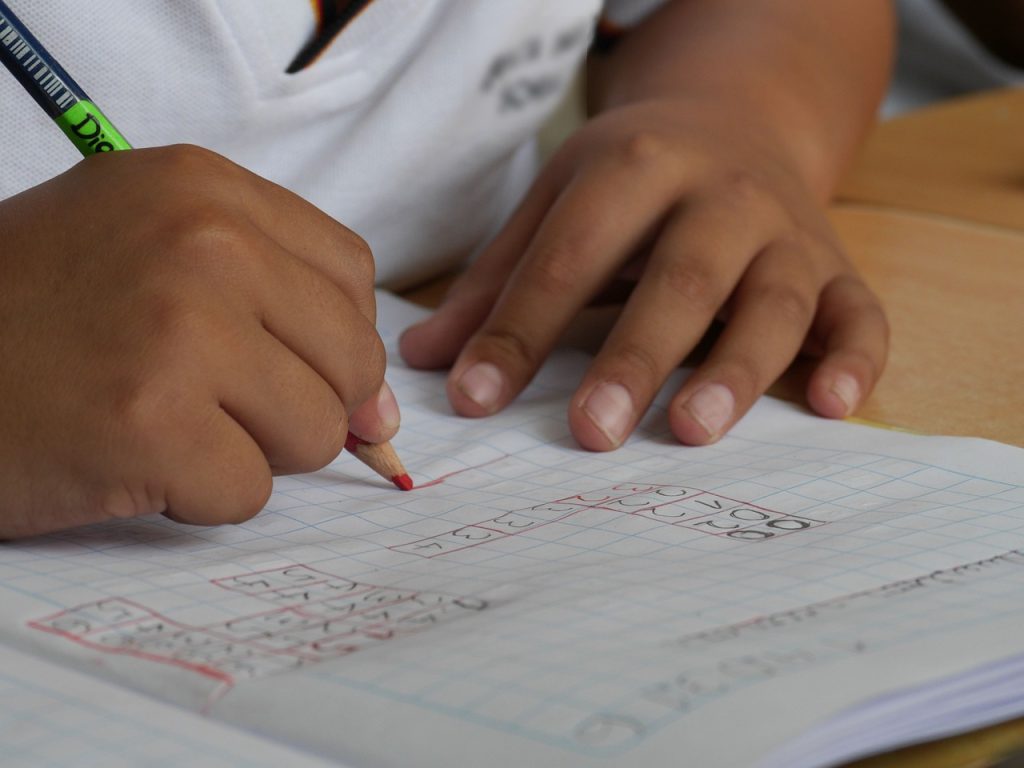Table of Contents
Choosing the right school for your child is one of the most important decisions you’ll make as a parent. With a wide range of options available, prep schools can be an appealing choice — but are they the right fit for your child and your family?
Inspired by the practices of this private school in Surrey, below, we explore what prep schools offer and the potential benefits, and how to decide if this path aligns with your child’s needs and aspirations
What is a Prep School?
Preparatory schools, commonly known as prep schools, are independent schools designed to prepare children for entry into senior or secondary independent schools. They typically cater for pupils from around age 7 to 13, though many now offer pre-prep departments for younger children.
These schools often have a strong academic focus, as well as a broader educational offering, which includes sports, music, drama, and extracurricular activities.

Benefits of a Prep School Education
One of the key advantages of prep schools is the high standard of teaching and resources. Small class sizes allow for more individual attention, which can be particularly beneficial for children who thrive with extra support or challenge.
Prep schools are also known for fostering all-round development. Pupils are encouraged to discover their interests and talents through a wide range of opportunities — from languages and technology to debating, sport, and creative arts. This holistic approach helps to build confidence, independence, and a strong foundation for future learning.
Additionally, many prep schools offer specialist support for pupils aiming for competitive senior school entrance exams, such as the 11+ or Common Entrance, which can be a major advantage.
Is It the Right Fit for Your Child?
Prep school might be ideal if your child enjoys learning, responds well to structure, and would benefit from a stimulating environment with a variety of activities. It’s also a good option if you’re considering an independent senior school, as prep schools are often well-versed in preparing pupils for those transitions.
However, it’s important to consider your child’s personality and learning style. Some children may feel more at home in a less formal environment or one that places less emphasis on exams and performance. The pastoral care and school culture are just as crucial as academic achievement, so visiting schools and meeting staff can be invaluable.

Practical Considerations
Cost is a significant factor for many families. As independent schools, prep schools charge fees, which can vary depending on location and facilities. Some schools may offer bursaries or scholarships, so it’s worth exploring financial options early on.
Location and logistics are also key — think about how the school run fits into your daily routine, or whether boarding might be an option you’d consider. Some families choose a prep school based on its links to specific senior schools, particularly if they’re aiming for highly competitive institutions.
It’s also worth thinking long-term. Will the school provide continuity of care and education through key stages? Can it support any special interests or needs your child may have?
Final Thoughts
There’s no one-size-fits-all answer when it comes to education. Prep schools can offer an enriching, well-rounded experience that prepares children not just academically, but personally and socially too. Whether it’s the right choice depends on your child’s character, your family’s values, and your long-term goals.
Take time to explore the options, ask questions, and trust your instincts — the right school will be one where your child feels happy, supported, and inspired to thrive.

